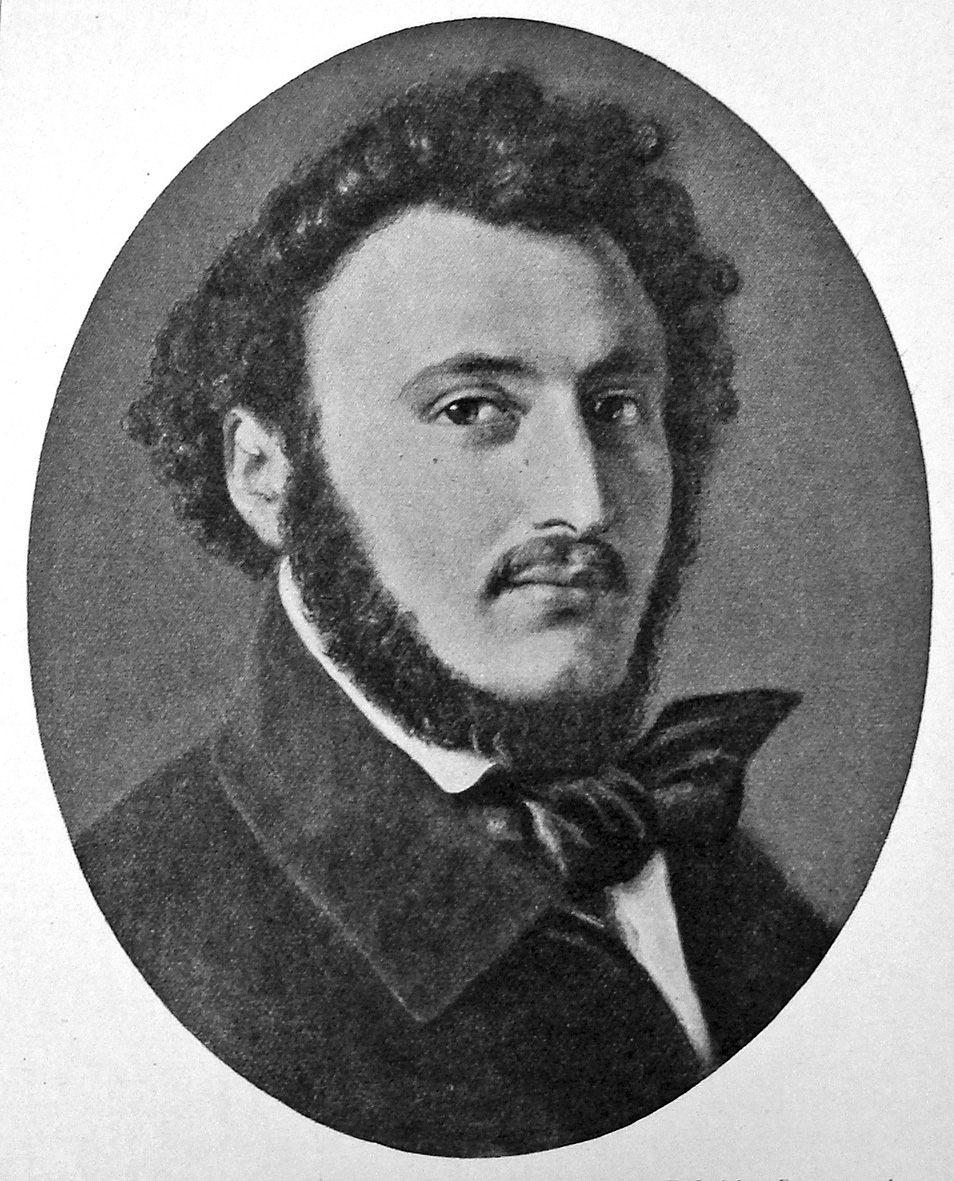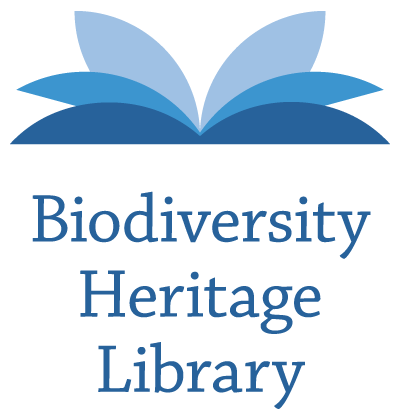|
Frederik Christian Kielsen
Frederik Christian Kielsen (7 February 1774 Copenhagen – 18 January 1850 Frederiksberg) was a Danish schoolmaster noted for editing and publishing a series of copiously illustrated books on natural history – ''Icones amphibiorum, Icones avium, Icones piscium, Icones vermium, Icones mammalium,'' and ''Icones insectorum''. Frederik Christian was the son of Olufsen Kielsen, an organist at the Garrison Church in Copenhagen, and Valentine Margerithe Dresler. He was at a school in Elsinore until 1790 when he began studying surgery, then changed his focus to natural history. He started teaching at the Metropolitan School in 1806. In 1819 he settled in Vordingborg, where he lectured at the Latin School. In 1833 he moved back to Copenhagen, where he lived until his death. Kielsen married Louise Charlotte Amalie Jacobsen in 1808. During his career Kielsen translated several German children's books dealing with nature, and wrote his own natural history textbooks. This science was still n ... [...More Info...] [...Related Items...] OR: [Wikipedia] [Google] [Baidu] |
Copenhagen
Copenhagen ( or .; da, København ) is the capital and most populous city of Denmark, with a proper population of around 815.000 in the last quarter of 2022; and some 1.370,000 in the urban area; and the wider Copenhagen metropolitan area has 2,057,142 people. Copenhagen is on the islands of Zealand and Amager, separated from Malmö, Sweden, by the Øresund strait. The Øresund Bridge connects the two cities by rail and road. Originally a Viking fishing village established in the 10th century in the vicinity of what is now Gammel Strand, Copenhagen became the capital of Denmark in the early 15th century. Beginning in the 17th century, it consolidated its position as a regional centre of power with its institutions, defences, and armed forces. During the Renaissance the city served as the de facto capital of the Kalmar Union, being the seat of monarchy, governing the majority of the present day Nordic region in a personal union with Sweden and Norway ruled by the Danis ... [...More Info...] [...Related Items...] OR: [Wikipedia] [Google] [Baidu] |
Frederiksberg
Frederiksberg () is a part of the Capital Region of Denmark. It is formally an independent municipality, Frederiksberg Municipality, separate from Copenhagen Municipality, but both are a part of the City of Copenhagen. It occupies an area of less than 9 km2 and had a population of 103,192 in 2015. Frederiksberg is an enclave surrounded by Copenhagen Municipality. Some sources ambiguously refer to Frederiksberg as a quarter or neighbourhood of Copenhagen, being one of the four municipalities that constitute the City of Copenhagen (the other three being Copenhagen, Tårnby and Dragør). However, Frederiksberg has its own mayor and municipal council, and is fiercely independent. Frederiksberg is an affluent area, characterised by its many green spaces such as the Frederiksberg Gardens, Søndermarken, and Hostrups Have. Some institutions and locations that are widely considered to be part of Copenhagen are actually located in Frederiksberg. For example, Copenhagen Zoo as wel ... [...More Info...] [...Related Items...] OR: [Wikipedia] [Google] [Baidu] |
Vordingborg
Vordingborg () is an old ferry town in Vordingborg Municipality in Denmark with around 18,000 inhabitants. Because of three large estates surrounding the town, a coherent urban development has not been possible, which is the reason why three satellite towns (former villages) have emerged around the town. Within the ring of estates, the town has 12,000 inhabitants, and 17,868 inhabitants when including the three satellite towns of Ørslev, Nyråd, and Stensved, situated 1, 3 and 5 kilometres, respectively, from the town of Vordingborg. Vordingborg Municipality (Kommune) has a population of 45,352. Long term head coach of the Danish national football team, Morten Olsen, was born in Vordingborg. History On 1 January 2007 the old Vordingborg municipality was, as the result of ''Kommunalreformen'' ("The Municipal Reform" of 2007), merged with Langebæk, Møn, and Præstø municipalities to form an enlarged Vordingborg municipality. Geography Vordingborg is situated 37 km ... [...More Info...] [...Related Items...] OR: [Wikipedia] [Google] [Baidu] |
Karl Philipp Funke
Karl may refer to: People * Karl (given name), including a list of people and characters with the name * Karl der Große, commonly known in English as Charlemagne * Karl Marx, German philosopher and political writer * Karl of Austria, last Austrian Emperor * Karl (footballer) (born 1993), Karl Cachoeira Della Vedova Júnior, Brazilian footballer In myth * Karl (mythology), in Norse mythology, a son of Rig and considered the progenitor of peasants (churl) * ''Karl'', giant in Icelandic myth, associated with Drangey island Vehicles * Opel Karl, a car * ST ''Karl'', Swedish tugboat requisitioned during the Second World War as ST ''Empire Henchman'' Other uses * Karl, Germany, municipality in Rhineland-Palatinate, Germany * '' Karl-Gerät'', AKA Mörser Karl, 600mm German mortar used in the Second World War * KARL project, an open source knowledge management system * Korean Amateur Radio League, a national non-profit organization for amateur radio enthusiasts in South Korea * KARL ... [...More Info...] [...Related Items...] OR: [Wikipedia] [Google] [Baidu] |
Systematics
Biological systematics is the study of the diversification of living forms, both past and present, and the relationships among living things through time. Relationships are visualized as evolutionary trees (synonyms: cladograms, phylogenetic trees, phylogenies). Phylogenies have two components: branching order (showing group relationships) and branch length (showing amount of evolution). Phylogenetic trees of species and higher taxa are used to study the evolution of traits (e.g., anatomical or molecular characteristics) and the distribution of organisms (biogeography). Systematics, in other words, is used to understand the evolutionary history of life on Earth. The word systematics is derived from the Latin word '' systema,'' which means systematic arrangement of organisms. Carl Linnaeus used 'Systema Naturae' as the title of his book. Branches and applications In the study of biological systematics, researchers use the different branches to further understand the relationshi ... [...More Info...] [...Related Items...] OR: [Wikipedia] [Google] [Baidu] |
Biodiversity Heritage Library
The Biodiversity Heritage Library (BHL) is the world’s largest open access digital library for biodiversity literature and archives. BHL operates as worldwide consortiumof natural history, botanical, research, and national libraries working together to address this challenge by digitizing the natural history literature held in their collections and making it freely available for open access as part of a global “biodiversity community.” The BHL consortium works with the international taxonomic community, publishers, bioinformaticians, and information technology professionals to develotools and servicesto facilitate greater access, interoperability, and reuse of content and data. BHL provides a range of services, data exports, and APIs to allow users to download content, harvest source data files, and reuse materials for research purposes. Through taxonomic intelligence tools developed bGlobal Names Architecture BHL indexes the taxonomic names throughout the collection, allowing ... [...More Info...] [...Related Items...] OR: [Wikipedia] [Google] [Baidu] |
Danish Male Writers
Danish may refer to: * Something of, from, or related to the country of Denmark People * A national or citizen of Denmark, also called a "Dane," see Demographics of Denmark * Culture of Denmark * Danish people or Danes, people with a Danish ancestral or ethnic identity * A member of the Danes, a Germanic tribe * Danish (name), a male given name and surname Language * Danish language, a North Germanic language used mostly in Denmark and Northern Germany * Danish tongue or Old Norse, the parent language of all North Germanic languages Food * Danish cuisine * Danish pastry, often simply called a "Danish" See also * Dane (other) * * Gdańsk * List of Danes * Languages of Denmark The Kingdom of Denmark has only one official language, Danish, the national language of the Danish people, but there are several minority languages spoken, namely Faroese, German, and Greenlandic. A large majority (about 86%) of Danes also s ... {{disambiguation Language and nation ... [...More Info...] [...Related Items...] OR: [Wikipedia] [Google] [Baidu] |
Danish Naturalists
Danish may refer to: * Something of, from, or related to the country of Denmark People * A national or citizen of Denmark, also called a "Dane," see Demographics of Denmark * Culture of Denmark * Danish people or Danes, people with a Danish ancestral or ethnic identity * A member of the Danes, a Germanic tribe * Danish (name), a male given name and surname Language * Danish language, a North Germanic language used mostly in Denmark and Northern Germany * Danish tongue or Old Norse, the parent language of all North Germanic languages Food * Danish cuisine * Danish pastry, often simply called a "Danish" See also * Dane (other) * * Gdańsk * List of Danes * Languages of Denmark The Kingdom of Denmark has only one official language, Danish, the national language of the Danish people, but there are several minority languages spoken, namely Faroese, German, and Greenlandic. A large majority (about 86%) of Danes also s ... {{disambiguation Language a ... [...More Info...] [...Related Items...] OR: [Wikipedia] [Google] [Baidu] |
1774 Births
Events January–March * January 21 – Mustafa III, Sultan of the Ottoman Empire, dies and is succeeded by his brother Abdul Hamid I. * January 27 ** An angry crowd in Boston, Massachusetts seizes, tars, and feathers British customs collector and Loyalist John Malcolm, for striking a boy and a shoemaker, George Hewes, with his cane. ** British industrialist John Wilkinson patents a method for boring cannon from the solid, subsequently utilised for accurate boring of steam engine cylinders. * February 3 – The Privy Council of Great Britain, as advisors to King George III, votes for the King's abolition of free land grants of North American lands. Henceforward, land is to be sold at auction to the highest bidder. * February 6 – France's Parliament votes a sentence of civil degradation, depriving Pierre Beaumarchais of all rights and duties of citizenship. * February 7 – The volunteer fire company of Trenton, New Jersey, predecessor to the paid Trenton Fire ... [...More Info...] [...Related Items...] OR: [Wikipedia] [Google] [Baidu] |




.jpg)